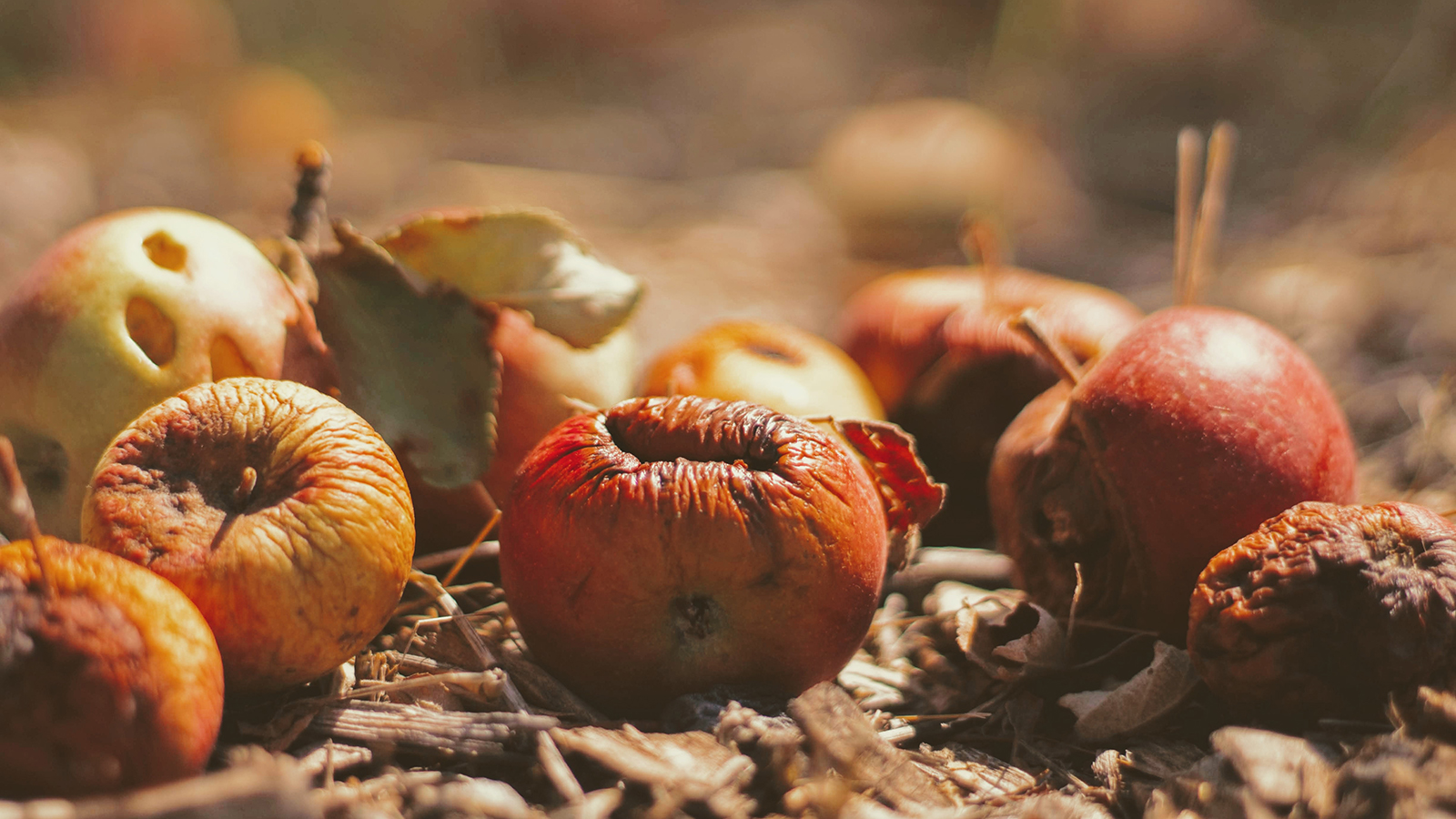
The food we waste could end hunger
How much food waste do we produce, and how could we use our abundance to feed everyone and end hunger?
How much food waste do we produce, and how could we use our abundance to feed everyone and end hunger?
Industrial livestock agriculture is a threat to public health and the environment. It’s time to look at alternatives.
A history of painful experience shows us that averting future home-grown pandemics begins with transitioning away from factory farms.
Hurricane Florence is projected to affect major agricultural regions of North Carolina and neighboring states, where manure storage in lagoons is common. Leakage from or failure of animal waste lagoons can pose a significant risk to water quality and wildlife, as animal waste contains an array of dangerous bacteria and other pollutants.
Agriculture in the U.S. is dominated by large, specialized crop and animal farms. These industrial farms focus on short-term productivity, often at the cost of creating environmental and public health problems.
